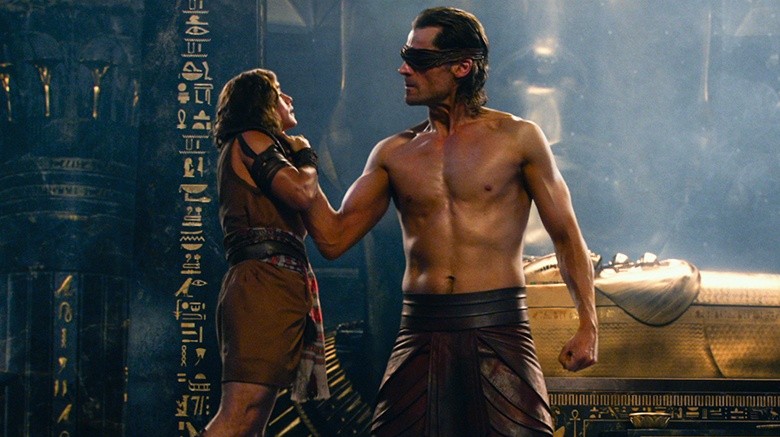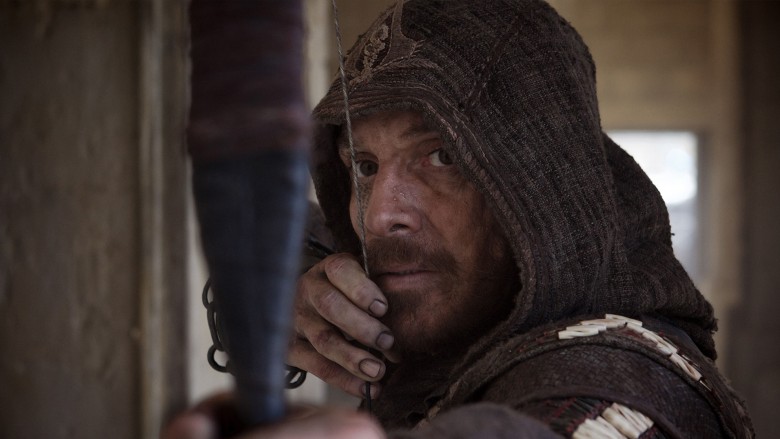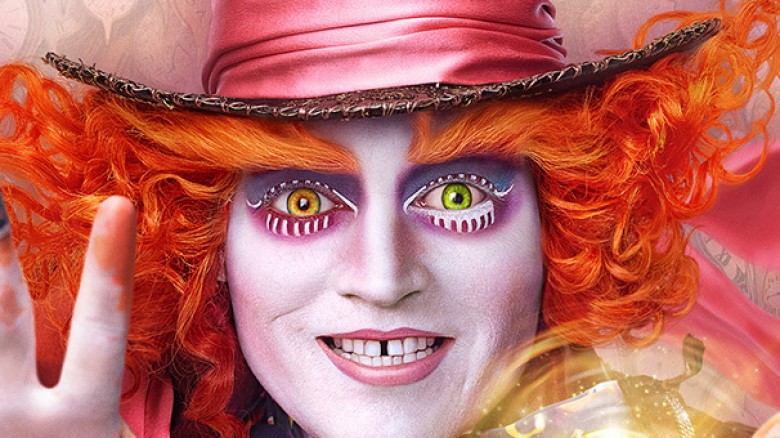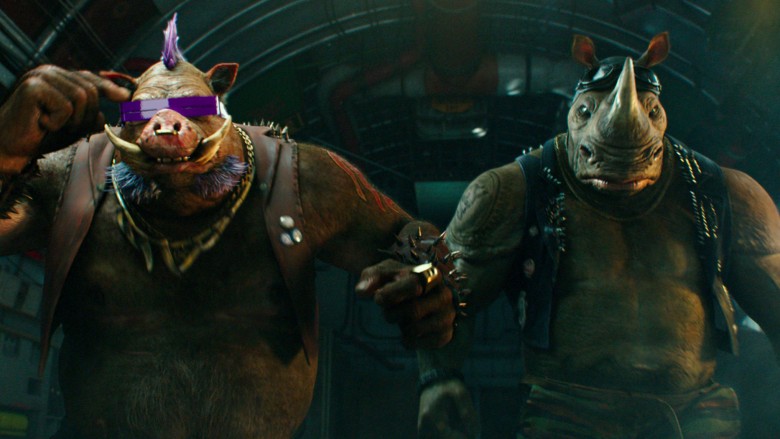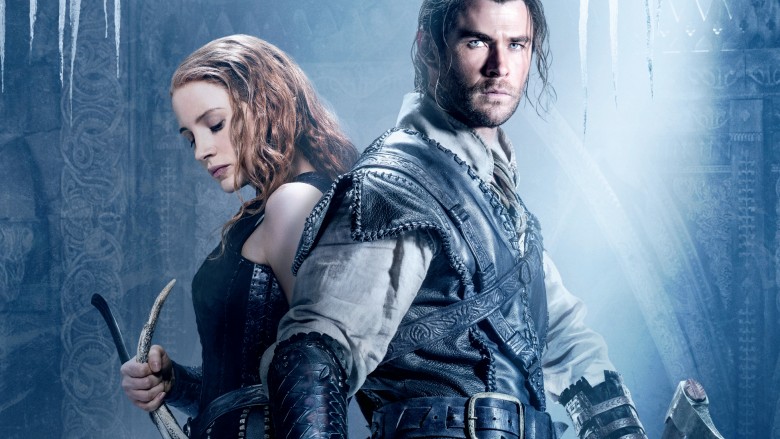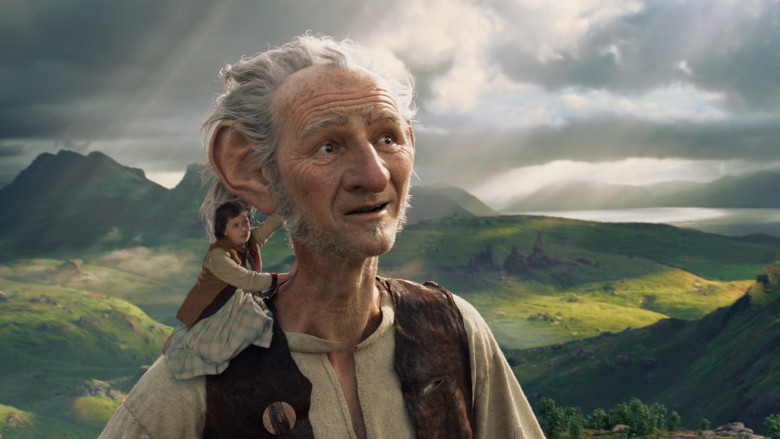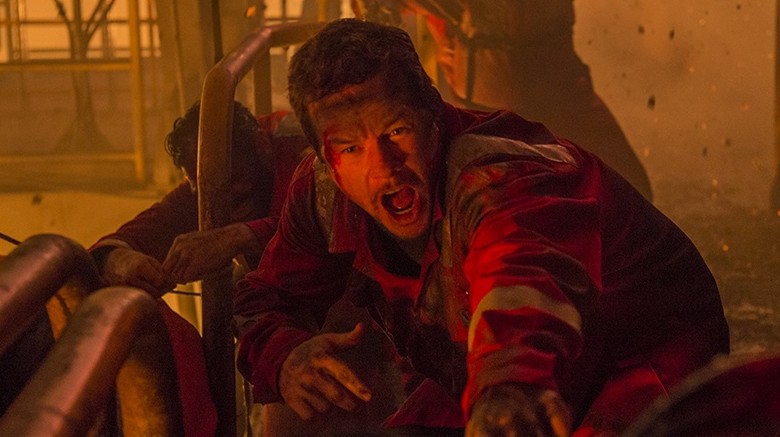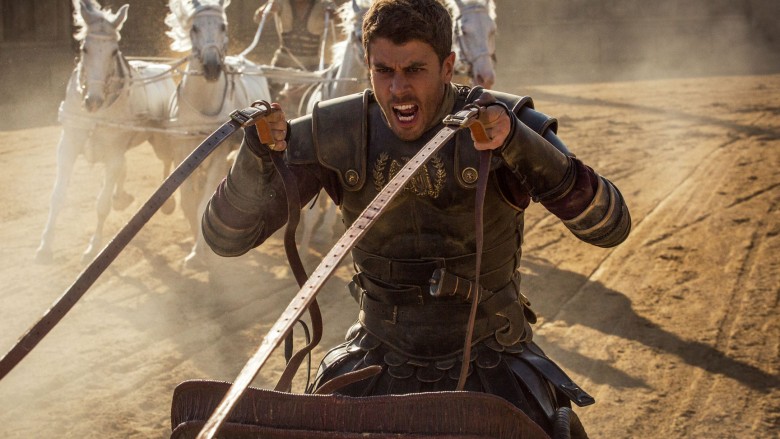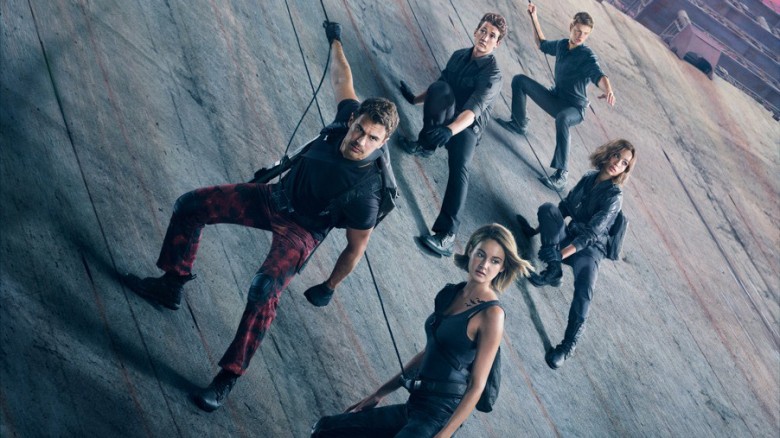Biggest Box Office Flops Of 2016
If you were a superhero, a lost fish, squad of super-villains, or a Star Wars story, you had a fantastic 2016. Disney and Warner Brothers both had amazing years, as the Mouse House topped the $7 billion mark, thanks to big draws like Captain America: Civil War and Zootopia. But for all the blockbusters, naturally, there were a number of films that just didn't make the grade.
Some films pulsed with hype, like the critically well-received Ghostbusters reboot, before drowning under disappointing box office results. Others were swallowed by their bad rap, or simply didn't get the marketing push they needed. Whatever the reasons, each of the following flicks didn't just fail to bring home the bacon—they lost the whole hog.
Gods of Egypt
Mired in understandable allegations of whitewashing, as well as some moderate Hollywood-splaining, Gods of Egypt might have seemed doomed from the start, but bad press wasn't the iceberg that sunk this titanic fantasy feature about gods fighting for control of Egypt. Sure, casting Gerard Butler, Rufus Sewell, Geoffrey Rush, and Nikolaj Coster-Waldau as bunch of Egyptians and shooting in Australia didn't help the picture's sense of cultural realism, but in the long run, it was bad storytelling and unimpressive special effects that killed the beast.
As a result, the Alex Proyas-helmed Lionsgate picture, with an estimated marketing budget of $30 million and a production cost of roughly $140 million, limped into the gates with an overall global take of $150 million. God of the box office it wasn't.
Assassin's Creed
Top-loaded with talented actors including Michael Fassbender, Michael K. Williams, Marion Cotillard, and Jeremy Irons, Assassin's Creed still couldn't escape the video game movie curse. Spinning off from the classic Ubisoft series, the film was set in the same universe of killer codes and Knights Templar, but with a fresh cast. Sniped by the critics (only landing an 18% approval on Rotten Tomatoes), it also failed to take out the competition at the ticket window, dredging up a paltry $209 million around the globe against a reported production budget of $125 million.
Alice Through the Looking Glass
Onetime box-office champ Tim Burton has been pretty hit-and-miss as of late. Heading to Wonderland was a fantastic idea for the gothy auteur and Disney, as Alice in Wonderland was a major hit, raking in over a billion dollars in 2010. But the sequel slump took hold of Alice's second run, Through the Looking Glass, which failed to impress the critics and barely climbed out of the rabbit hole without Burton behind the camera. The follow-up only netted $300 million worldwide against a budget of roughly $170 million, in addition to a substantial marketing expense.
At this point, Disney would need a mad hatter of their own in high places to greenlight any further adventures for Alice.
Teenage Mutant Ninja Turtles 2: Out of the Shadows
The Teenage Mutant Ninja Turtles returned to the big screen courtesy of action maestro Michael Bay's Platinum Dunes production company in 2014. Although it didn't successfully tick off every nostalgia box, the mo-cap live-action reboot still managed to make its mark on audiences starved for giant, pizza-loving turtles. Although there was no way Out of the Shadows could outdo the schlocky, Vanilla Ice-heavy first sequel to the original Turtles franchise, 1991's The Secret of the Ooze, it still managed to top its predecessor in the reception department, beating Ooze's 33% on Rotten Tomatoes by 5%.
Despite a good deal of fan service, including the franchise return of Krang (Brad Garrett), Rocksteady (Sheamus) and Bebop (Gary Anthony Williams), vigilante Casey Jones (Stephen Amell), and Tyler Perry's turn as Dr. Baxter Stockman, Out of the Shadows barely made it, well, out of its predecessor's shadows. The sequel managed to cover its budget of $135 million by wrangling in $245 million from diehard fans. However, after this mediocre showing\, Paramount probably won't give the sewer-dwelling, rat-mentored teen turtles another spin in the Turtle Van.
Allied
Building a good deal of hype in the months before its release, this Robert Zemekis World War II drama, starring Brad Pitt as a Canadian spy and Marian Cotillard as a potentially duplicitous French Resistance fighter, looked like a sure bet at the box office. Mystery, intrigue, and an era highly attractive to Casablanca fetishists—Allied had a lot of good things going for it. While it received decent if mixed appraisals (Rotten Tomatoes gave it a 61% rating and Metacritic scored it at 60%), raised expectations and consistent performances couldn't keep Allied from getting stuck behind enemy lines.
The potboiler underperformed at the ticket window, barely topping its budget of $85 million with a worldwide pull of $112 million. In addition to competing with Disney's popular Moana, some theorized Paramount's espionage pic was also hampered by Pitt's abruptly pending divorce, which drew focus toward the tabloids—and away from the movie's would-be epic story—at a key moment.
The Huntsman: Winter War
After finding financial success with Snow White and the Huntsman, a spin on the classic Brothers Grimm tale, Universal went through several different scripts, directors, and ideas before hitting on a complex prequel about a frustrated ice queen, Freya (Emily Blunt), and her rivalry with her equally frosty sister Ravenna (Charlize Theron). Somewhere in between, Thor, er the Huntsman (Chris Hemsworth) runs around with an ax in lieu of a hammer. Unfortunately, the capable cast couldn't give this Snow White prequel/sequel a box-office happy ending.
Despite the efforts of Snow White special effects designer-turned-director Cedrick Nicholas-Troyan, the film was hit with scathing reviews (17% on Rotten Tomatoes) and a lukewarm reaction from audiences. The resulting flood drowned its chances at turning much of a profit, as Huntsman only pulled down $165 million on a budget of $115 million —probably putting the franchise into a deep sleep from which even a kiss from a prince (or princess) won't be able to revive.
The BFG
Steven Spielberg is responsible for some of the biggest films of the last 40 years, including E.T. the Extra-Terrestrial, Jurassic Park, and of course the Indiana Jones saga. Combining his prodigious cinematic storytelling skills with beloved children's author Roald Dahl (James and the Giant Peach, Charlie and the Chocolate Factory) should have added up to box-office gold. Unfortunately, The BFG, about a Big Friendly Giant (played by Mark Rylance) and his human friend Sophie (Ruby Barnhill) on a mission to try to stop his downright bloodthirsty colleagues, turned into a colossal flop.
Perhaps its years in development hell or its "scary" giant design portended the movie's troubles. Even with solid critical marks (66 on Metacritic, 75% on Rotten Tomatoes), the live-action adaptation still underperformed for Disney, only drawing in $55 million in the U.S. and $183 million worldwide against a budget of $140 million.
Deepwater Horizon
In 2010, an explosion on British Petroleum's Deepwater Horizon drilling rig caused the worst maritime disaster in the history of the United States. The cinematic version of the story, with an ensemble cast led by vets Mark Wahlberg, Kate Hudson, Kurt Russell, and John Malkovich, sought to retell the tale with a politically conscious and action-packed disaster flick. Helmed by Peter Berg, the picture scored two Oscar Nominations (best Sound Editing and Best Visual Effects) and garnered a solid critical rating (83% on Rotten Tomatoes and 68 on Metacritic).
For Lionsgate, though, the oil spill movie turned into its own minor disaster, only pulling in $119 million worldwide on a production budget of roughly $110 million, not counting marketing. Deepwater still has a slight chance to patch up the money hemorrhage if it fares well during awards season.
Ben-Hur
The Charlton Heston-led chariot-racing epic Ben-Hur was a killer at the box office in 1959, combing Heston's towering celebrity with a massive budget, solid supporting cast, and an amazing set design. It seems the biblical epic about brothers divided didn't translate to boffo box office in 2016, however. Chalk it up to a growing wariness with organized religion or a premise that's been filmed, remade, and reimagined since the turn of the century—whatever the reasons, the wheels fell off this chariot pretty quickly.
Audiences were less engrossed by Jack Huston than Chuck Heston, and Timur Bekmambetov's film was too uninspired of a redux for many critics. Costing $100 million to make, Ben-Hur only pulled in roughly $94 million around the globe, losing Paramount and MGM roughly $60 milion and making it one of the year's biggest bombs.
The Divergent Series: Allegiant
The third film of the popular YA dystopian saga (apparently, the kids aren't all right in the future) based off Veronica Roth's novels was set to be a two-parter, with Allegiant leading into its second half, Ascendant. The saga was chock full of post-apocalyptic action (and clichés), but failed to excite audiences: Allegiant only managed to knock down $66 million in the States and $113 million globally, not even covering its $183 million production budget.
The film's shoddy showing also means Lionsgate is planning move the saga's final chapter to TV movie land, which is a bit of a slap in the face for a feature film franchise. Star Shailene Woodley has confirmed she's stepping away from the project, forcing the next flick's writers to figure Tris' divergence from the Ascendant Four.

